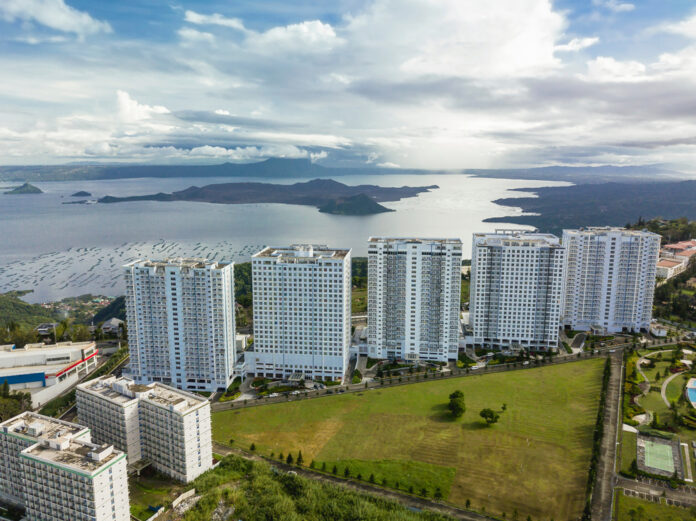Leechiu Property Consultants officials said the residential market were to soften this year as companies adjust prices upwards to account for inflation and higher interest charges felt since last year.
Roy Amado Golez, company director for research and consultancy, said property developers are hard pressed adjusting prices to help lessen the impact of the Covid-19 pandemic and of inflation that started last year.
“Higher interest rates will require them to start adjusting prices, which could impact their selling price. We might see a softening of the market on that end,” he said at Wednesday’s briefing.
At the same time, he said the banks have also started to stretch lending terms to borrowers, offering 20 years instead of the usual 15 years to help mitigate the higher pricing.
“Now we’re seeing banks bring that up to a term of 20 years, and this has helped mitigate the cashflow from the buyers perspective,” Golez said.
In the first quarter of the year, a total 12,037 condominium units were sold, more than double from last year and 93 percent up from pre-pandemic level of about 13,246 units.
Eleven new towers launched during the period equivalent to 4,931 units in the supply pipeline.
“Residential sales are back, developers likely to pull back lenient buyer screening and payment terms to also address cancellation concerns,” he said.
David Leechiu, company president, is hopeful of a resurgent take-up of space by the Philippine offshore gaming operators (POGO) in the office segment as the sector sees the Philippines as a land of opportunity.
“Senator Francis Escudero was saying the plus side about the POGO sector is that it addresses the gambling sector without tapping into the local market. Unlike the local casinos where 70 percent of the market of the brick-and-mortar casinos cater to local gamblers,” he said.
The real estate brokerage company said the office segment of the market has just posted the third best performing year since the pandemic, with space demand reaching nearly one million square meters last year.
Company data show demand rise in the first quarter this year with 264,000 square meters worth of transactions closed from the previous year’s 124,000 square meters and an additional 497,000 square meters in the pipeline for the next six months.
The bulk of the take-up was from traditional office users of 144,000 square meters, with the government and serviced offices among the leading contributors to the increase in demand.
The offshore and outsourcing IT-BPM industry, meanwhile, had 109,000 square meters while POGO demand remained stagnant with only 11,000 square meters leased.
Some 73 percent of demand centered in Metro Manila at 363,000 square meters while provincial demand stood at 135,000 square meters.
A total of 2.6 million square meters of space remain unoccupied in Metro Manila for an 18 percent average vacancy rate.
Owners of the space are expected to take on more pressure as 969,000 square meters more are completed until end-2023.







